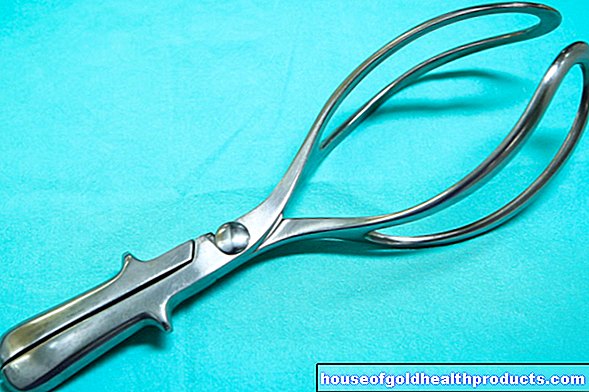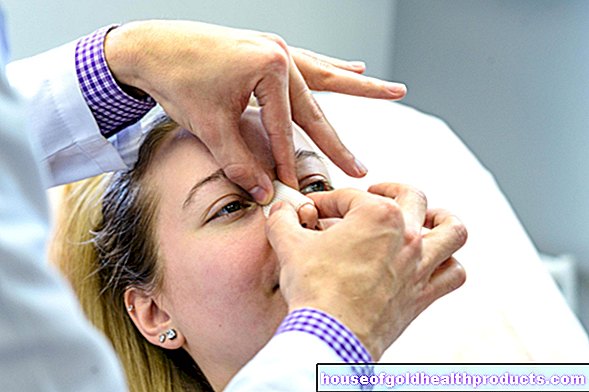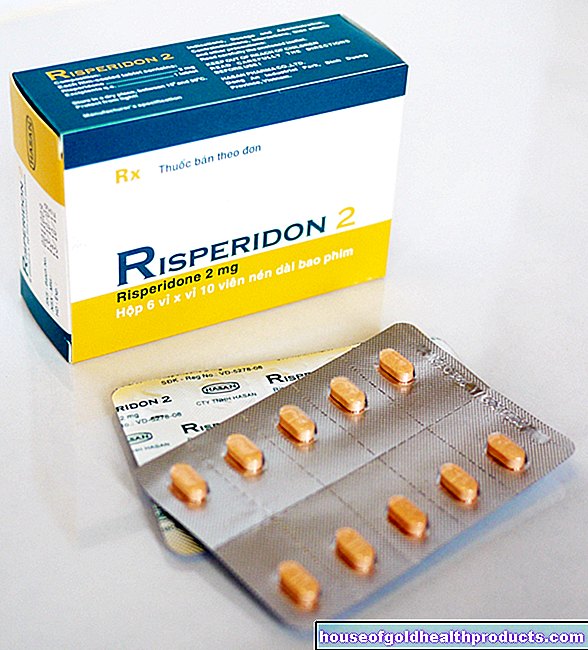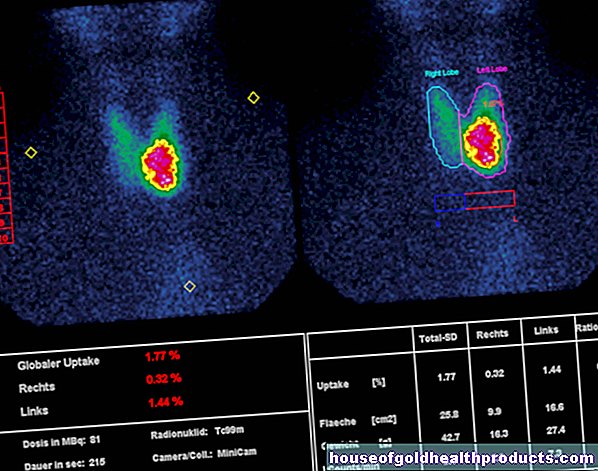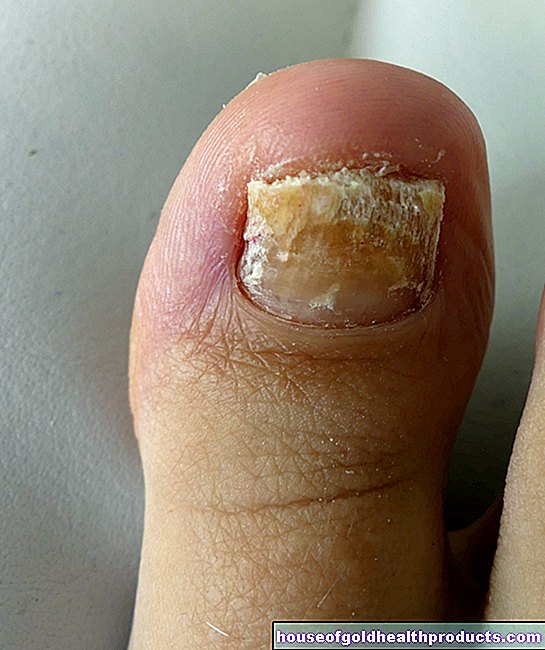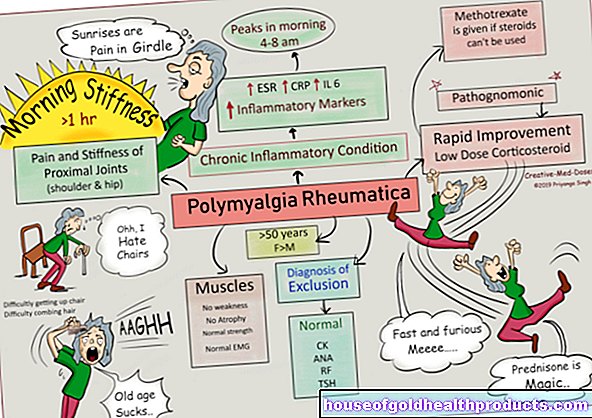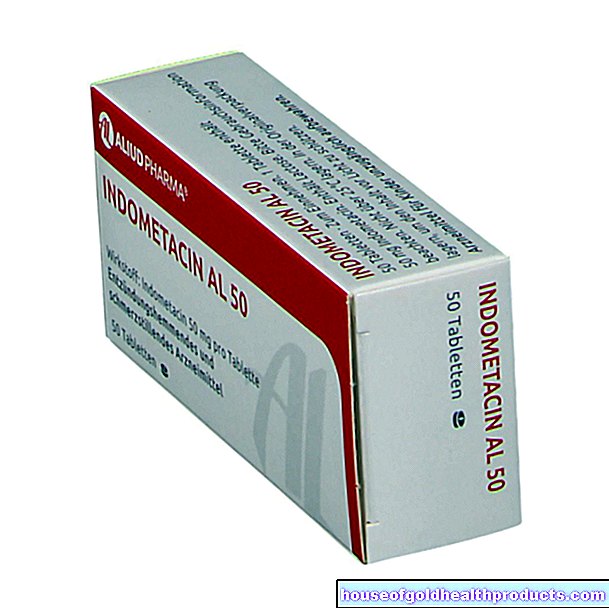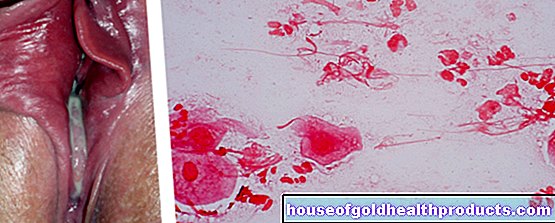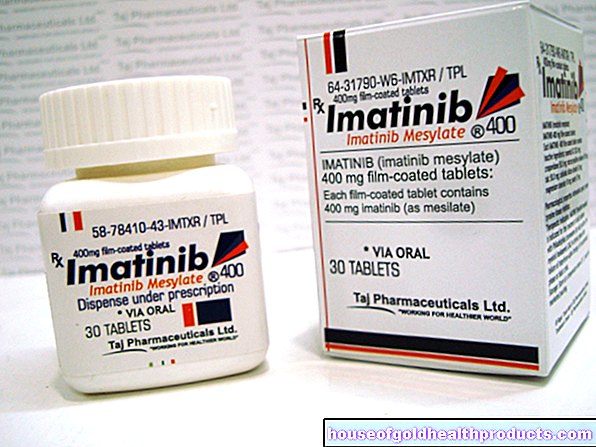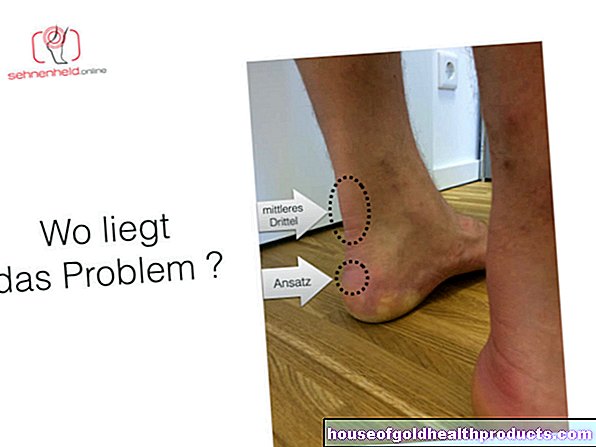Endocrine system
Eva Rudolf-Müller is a freelance writer in the medical team. She studied human medicine and newspaper sciences and has repeatedly worked in both areas - as a doctor in the clinic, as a reviewer, and as a medical journalist for various specialist journals. She is currently working in online journalism, where a wide range of medicine is offered to everyone.
More about the experts All content is checked by medical journalists.The hormonal system (endocrine system) is a network of many cells and glands that secrete signaling substances (hormones). These serve to regulate metabolic processes and influence organ functions. Read everything you need to know about the human endocrine system!
What is the hormonal system?
The human endocrine system consists of a wide variety of cells and glands that produce and secrete hormones as messenger substances. It is also known as the endocrine system.
The hormonal system includes, among others:
- Hypothalamus
- Pituitary gland
- pineal gland
- thyroid
- Parathyroid glands
- Adrenal glands (cortex and medulla)
- Endocrine cells in the gastrointestinal tract
- Islets of Langerhans in the pancreas
- Gonads (testicles and ovaries)
The hormone-producing cells and glands can stimulate each other to produce further, or they can slow down their hormone production.
For example, the hypothalamus can release so-called releasing hormones, which drive the pituitary gland to produce more hormones. If, on the other hand, hormone production in the pituitary gland is to be reduced, the hypothalamus releases so-called inhibiting hormones.
Hormone production can also be regulated via feedback mechanisms. An example: If the body contains insufficient amounts of the thyroid hormones T3 and T4, this triggers the release of the hormone TSH in the pituitary gland. This reaches the thyroid via the bloodstream, where it stimulates the formation of T3 and T4. As soon as the thyroid hormones are available again in sufficient quantities, this inhibits the further release of TSH in the brain.
What are the tasks of the hormonal system?
The human hormone system has the task of controlling the formation of hormones via control loops. The hormones regulate, for example, growth and development, the electrolyte and water balance, the heat balance and the metabolism of the cells. Appetite and hunger, the sleep-wake cycle, blood pressure and blood volume are also controlled by the endocrine system. So without the endocrine system, almost nothing works in the body.
Which disorders can affect the endocrine system?
Disorders of the endocrine system can have various causes. For example, the function of a hormonal gland can be impaired by inflammation, tumors, malformations, injuries or medication. As a result, the gland produces too little or too much hormones, which can have far-reaching consequences.
For example, a benign tumor in the pituitary gland (pituitary adenoma) can significantly influence the hormone production of the organ and thus the function of downstream hormone glands (thyroid, gonads, adrenal glands).
Thyroid diseases such as hyperthyroidism and hypothyroidism can also disrupt the body's hormonal balance: In the first case (overactive), too many thyroid hormones are formed, which can trigger restlessness, sleep disorders, cardiac arrhythmias, diarrhea and weight loss, among other things. In the second case (hypofunction) there is a lack of thyroid hormones. Possible consequences include tiredness, poor appetite, weight gain, hair loss and constipation.
Dysfunction of the adrenal glands (adrenal insufficiency) and diseases of the pancreas (such as chronic pancreatitis) are also examples of disorders in the endocrine system.
Tags: skin care hospital toadstool poison plants

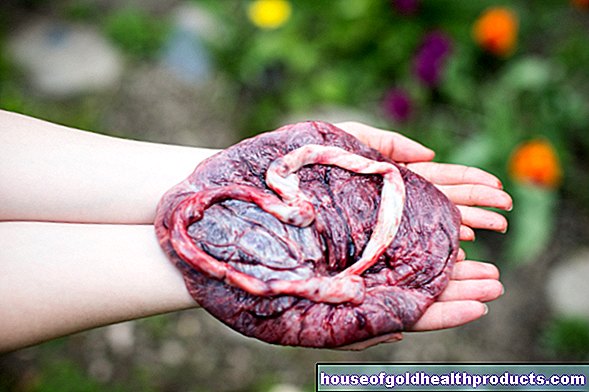
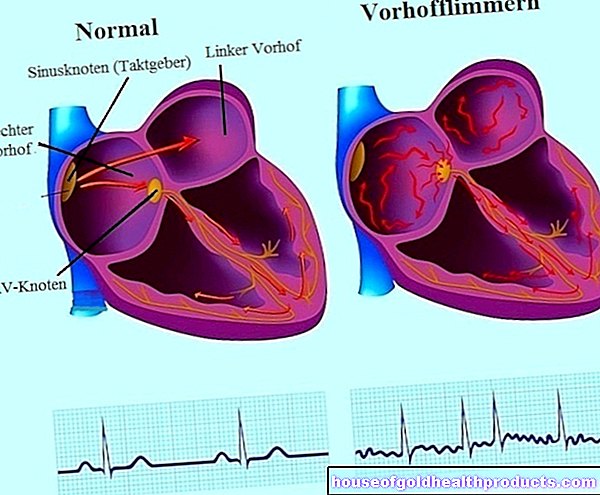
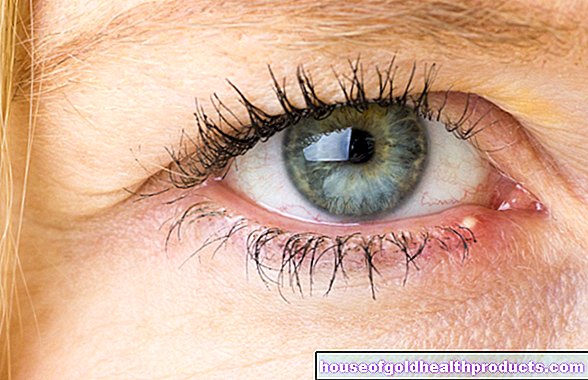


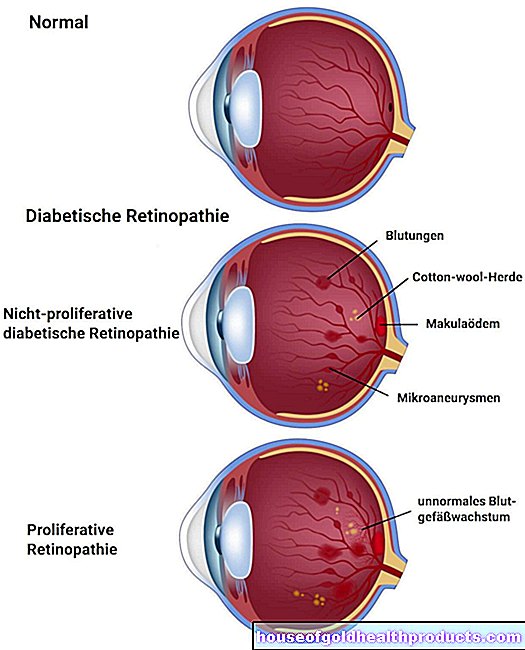


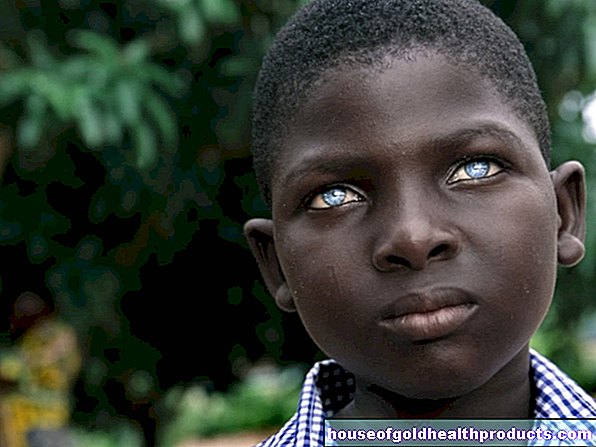

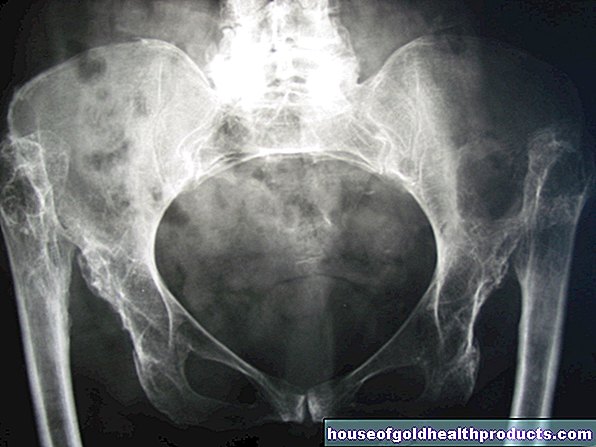
.jpg)
